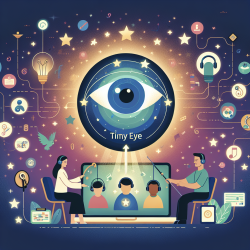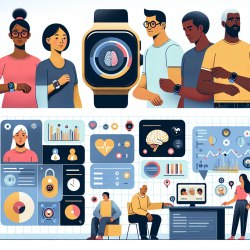The COVID-19 pandemic has significantly altered the lives of adolescents worldwide, leading to increased screen time and smartphone use. This shift has been linked to rising levels of depression, particularly among low-income boys. A recent study titled "Smartphone Addiction and Depression among Low-Income Boys since COVID-19: The Moderating Effect of Being an Only Child" sheds light on this pressing issue.
The Link Between Smartphone Addiction and Depression
The study found a positive correlation between smartphone addiction and depression among low-income male students. The pandemic's restrictions have limited in-person interactions, pushing adolescents to rely more on their smartphones for social connection. This increased dependency can lead to addiction, which in turn exacerbates feelings of isolation and depression.
The Impact of Being an Only Child
An intriguing aspect of the research is the moderating effect of being an only child. The study revealed that only children are at a higher risk of depression when addicted to smartphones compared to those with siblings. Siblings can provide a vital source of in-person interaction, which is crucial for emotional well-being.
Implications for Practitioners
Practitioners working with adolescents should consider these findings when developing interventions. Here are some strategies:
- Create Tailored Mental Health Services: Focus on providing support specifically designed for low-income boys who may not have access to traditional mental health resources.
- Encourage Alternative Activities: Promote activities that do not involve screens, such as sports or arts, to reduce smartphone dependency.
- Foster Social Connections: Develop programs that facilitate safe social interactions among peers, especially for only children.
- Educate Parents: Provide guidance on monitoring and managing their children's smartphone use effectively.
The Need for Further Research
This study highlights the need for further research into adolescent mental health during the pandemic. Understanding the nuances of how socioeconomic factors and family dynamics influence depression can help practitioners develop more effective interventions.
If you're interested in exploring this topic further, you can read the original research paper Smartphone Addiction and Depression among Low-Income Boys since COVID-19: The Moderating Effect of Being an Only Child.










